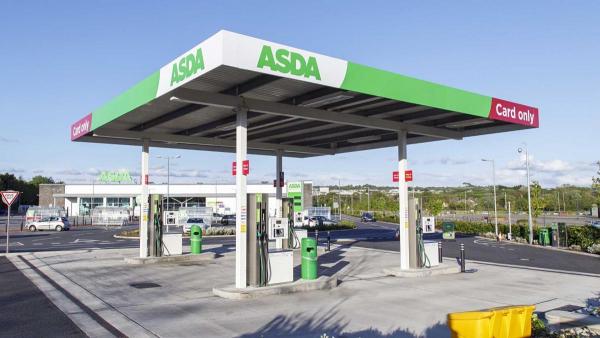
The UK Chancellor’s Autumn Statement, delivered yesterday (22 November 2023), caught attention for multiple reasons, and not all of them were positive, especially from an industrial perspective.
Beyond that National Insurance will reduce by two per cent from 1 January, the Chancellor, Jeremy Hunt, made no assurances regarding fuel duty. The tax on fuel has been frozen since March 2011, but there were no assurances made by Mr. Hunt yesterday about the retention of that freeze, sparking concerns among fuel retailers that the duty may rise at the start of the new tax year in April 2024.
Gordon Balmer, Executive Director of the Petrol Retailers Association (PRA), said: “We are in the midst of a cost-of-living crisis, and events in Ukraine and the Middle East continue to create volatility in the fuel market. While we are disappointed that no advance announcement has been made to freeze fuel duty, we look forward to persuading the Chancellor to make the announcement in his Spring Budget.”
Mr. Balmer also noted concerns from the PRA regarding the absence of a permanent fuel price transparency scheme, the consultation on which was due to be published this autumn, but which remains unpublished. The idea of the scheme is to make retailers publish live, up-to-date fuel prices in the hope that this will prevent prices rising to unsustainable levels as they did during 2022.
The National Franchised Dealers Association was mixed on the statement. On the one hand, it was disappointed in the lack of commitment to a strategy in view of net-zero, and of supporting the transport industry in transitioning to it. On this matter, Sue Robinson, Chief Executive of the NFDA, said: “In the midst of a cost-of-living crisis, and as we approach a general election year, the Autumn Statement 2023 is highly anticipated and comes at a critical time for the economy.
“For the automotive sector more specifically, challenging trading conditions remain. Today’s fiscal budget was the Government’s opportunity to outline a clear and strategic vision to support the automotive sector in its transition to net-zero, and it has been an opportunity which has largely been squandered.”

